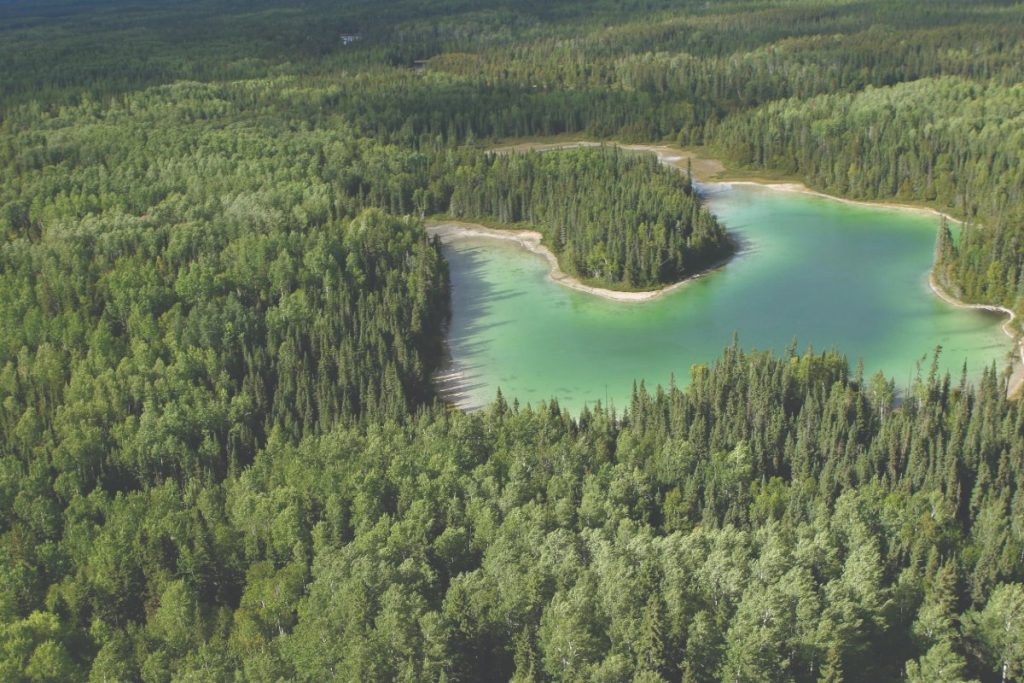
Features
Business
Sustainability
New Canopy initiative addresses global packaging supply chain
October 3, 2019 By PrintAction Staff
 Image: Canopy
Image: CanopyTen brands are joining forces with environmental not-for-profit Canopy in its new initiative that aims to minimize the impacts of the global packaging supply chain on forests, species and climate.
Pack4Good, Canopy explains, is designed to curb the world’s appetite for packaging, and ensure that shipping boxes, wrappers, disposable cups and other forest-based packaging originate from recycled inputs and next-generation solutions rather than endangered forests. In particular, Pack4Good will work to protect those global forests that have been heavily impacted by pulp and paper production including Canada’s Boreal, the Amazon, Brazil and Indonesia’s rainforests, and the coastal temperate rainforests of the world.
“Nobody wants packaging made with the habitat of endangered species such as orangutans or caribou anymore than they want a plastic box that threatens dolphins,” says Nicole Rycroft, Founder and Executive Director of Canopy. “That’s why Canopy is partnering with brands on Pack4Good to develop smart solutions that work for business as well as for our planet’s natural systems, climate and species.”
The first 10 brands committing to Pack4Good are: ASOS, H&M, Gina Tricot, HH Global, Kontoor, QLOTHÈ, Reformation, TOMS, VF Corporation and ZILVER.
Parallel with its plastic counterparts, paper-based packaging has a crushing footprint on the world’s forests, biodiversity and climate, according to Canopy, noting that more than half the paper used globally is for packaging. With the surge of e-commerce and necessary shifts away from plastics, demand for forest/paper-based packaging is growing aggressively, and so is its devastating impact on high carbon forest landscapes and species habitat.
Already, 241 million tonnes of paper packaging is produced annually, and that number is expected to double by 2030. With forests forming 30 percent of the possible solution to the climate crisis, customers of forest based-packaging are now galvanizing to transform this supply chain, according to Canopy research.
As part of the Pack4Good initiative, companies have set ambitious goals to help address the world’s climate crisis and wave of species extinctions. Brands are committing to ensure that by the end of 2022, all of their packaging will be:
• Designed to reduce material use;
• Free of ancient and endangered forests;
• Maximizing recycled or alternative next-generation solution sourced fibre use, (this includes fibre from agricultural residues or microbial cellulose); and
• Using FSC-certified fibre when virgin forest- fibre continues to be used.
“We’re committed to reducing the impact of our packaging on the environment and currently use 100-percent-recycled material in our paper-based delivery boxes,” says Tom Byrne, Senior Sustainability Manager, ASOS. “However, more must be done. Joining Canopy’s Pack4Good Initiative means we can work closely with Canopy, other global brands and packaging producers to foster innovation in packaging design, maximize the use of recycled content across the industry, and support the development of circular, next generation alternatives to current packaging.”
Print this page